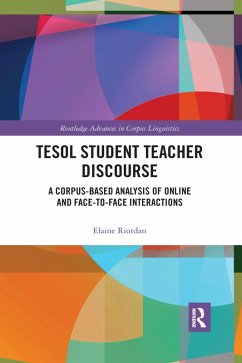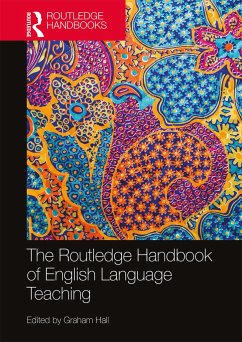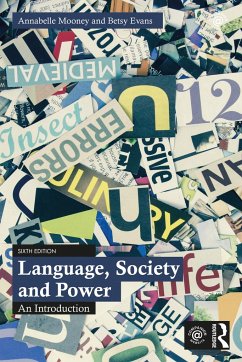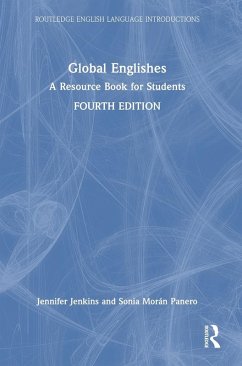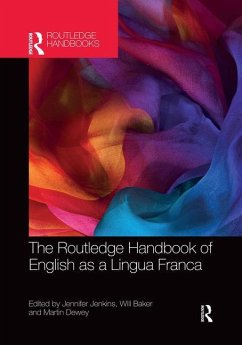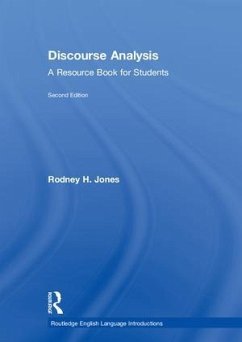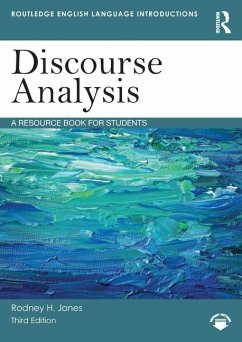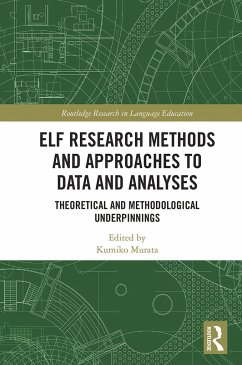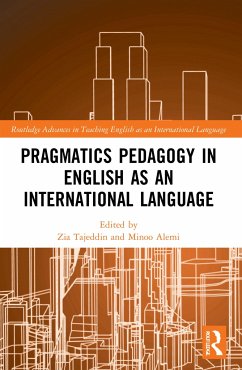
Communities of Practice in Language Research
A Critical Introduction
Versandkostenfrei!
Versandfertig in 6-10 Tagen
54,99 €
inkl. MwSt.
Weitere Ausgaben:

PAYBACK Punkte
27 °P sammeln!
Communities of Practice in Language Research provides an up-to-date and critical introduction to the community of practice framework and how this can be applied to language research. Critiquing and offering alternative suggestions for the ways in which researchers frame research participants as members of communities of practice, with the goal of inspiring use of the Community of Practice (CofP) model in new areas of research, this book:engages in extended critical analysis of past research as well as questioning recent applications and suggesting limitations incorporates instructive examples ...
Communities of Practice in Language Research provides an up-to-date and critical introduction to the community of practice framework and how this can be applied to language research. Critiquing and offering alternative suggestions for the ways in which researchers frame research participants as members of communities of practice, with the goal of inspiring use of the Community of Practice (CofP) model in new areas of research, this book:
engages in extended critical analysis of past research as well as questioning recent applications and suggesting limitations incorporates instructive examples from multiple fields, including Sociolinguistics, Linguistic Anthropology, Critical Discourse Studies, Language Teaching & Learning, Literacy Studies, and a trailblazing section on Language & Digital Mediabrings up-to-date the key questions and concerns around the Communities of Practice model, debunking myths and re-emphasising ongoing challenges.
Communities of Practice in Language Research is essential reading for undergraduate and postgraduate students studying research methods or undertaking research projects in those areas.
engages in extended critical analysis of past research as well as questioning recent applications and suggesting limitations incorporates instructive examples from multiple fields, including Sociolinguistics, Linguistic Anthropology, Critical Discourse Studies, Language Teaching & Learning, Literacy Studies, and a trailblazing section on Language & Digital Mediabrings up-to-date the key questions and concerns around the Communities of Practice model, debunking myths and re-emphasising ongoing challenges.
Communities of Practice in Language Research is essential reading for undergraduate and postgraduate students studying research methods or undertaking research projects in those areas.




